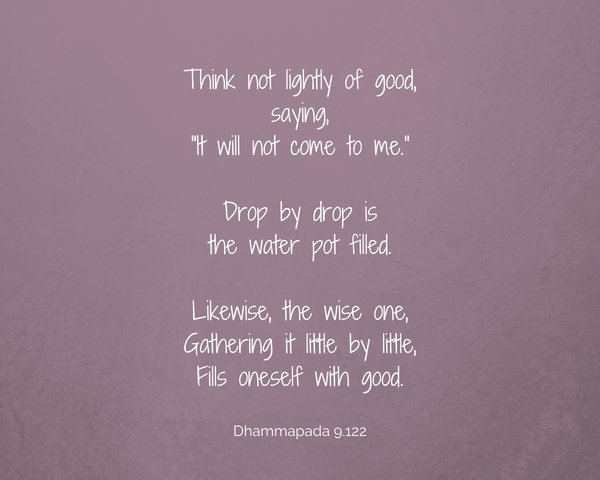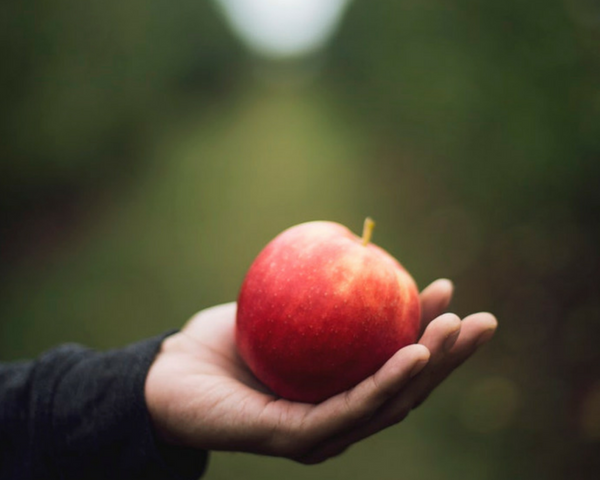It has taken me a few days to rest and refresh … and now share with you some of my Day 2 experience at the Australian Meditation Conference (22-34 July 2018).
The Sunday program had a general theme and opening address IS MEDITATION MEDICINE?
Robin Carnes delivered a beautiful, emotive and genuinely insightful presentation of her work and summation on the question – with a prompt and resounding answer
YES
Robin is a co-founder of Warriors at Ease which has trained more than 700 certified yoga and meditation teachers in core competencies required to work safely and effectively in military communities affected by combat-related stress. Robin is also a certified iRest® yoga nidra instructor and has a MBA from Boston College Graduate School of Management.
Robin began her presentation with the answer: Is Meditation Medicine? YES
- trauma can leave an indelible mark on our nervous system – and Robin used meditation to heal herself
- medicine is for when we are ill and suffering but we know that 90% of illness is stress related or exacerbated and that a key underlying stressor/threat is the fear of aloneness
- Wave-particle duality refers to the fundamental property of matter where it appears like a wave, and at another moment it acts like a particle – humans are all particles (particle-ness) and part of a wave of humanity. Our modern lifestyle plays into, and causes, this sense of ‘particle-ness’ which feeds our greatest fear – disconnection and separateness
- humans are intensely social and our modern technological and individual lifestyle is “deeply brutalizing for the human spirit” and plays into (causes?) our sense of ‘particle-ness’ .. leading to our greatest fear which is to being separated from ourselves, each other and the web of life
- Polyvagal theory (PVT) which broadens our understanding of the nervous system and how it responds to trauma; suggesting that our first line of defense in life’s challenges may not be ‘fight or flight’ but rather ‘tend and befriend’; further highlighting the value and importance of human relationships
- Women, in particular, have evolved to ‘tend and befriend‘ when put under stress, rather than elicit the “fight or flight” response
meditation reduces our sense of SEPARATION and increases our sense of CONNECTION. The TEND & BEFRIEND response (love and belonging) can be a medicinal inoculation to stress
- (I)-llness vs. (We)-llness
- the concept of Welcoming in meditation .. welcoming difficult emotions as a part of us. To learn to feel what feelings feel like .. jealousy, anger, fear .. learning to deal with our own shadow, so we can do something good in the world
WE are the medicine and our meditation practice can help us release that medicine into the world
Following from Robin’s inspiring presentation, was a Panel discussion addressing the same question: Is Meditation Medicine?
Robin Carnes (iRest): Warriors at Ease got into the US military because problems were at crisis point. We have the safest wars but a ‘pill and procedure’ based medical system is simply unable to cope.
Professor George Jelinek (Melbourne University): emergency medicine is now more like a war zone, with complex multi-system medical problems not addressed by procedural medicine. We need a ‘whole person approach’. A cure is just about the body, healing is about the ‘being’.
Petrea King (Quest for Life): Meditation is not going to be the only medicine in isolation. A whole person approach, however, which includes meditation, has been getting consistently great results. We require an educational approach being in right relationship with self, others, body, mind, and spirit.
Dr. Barbara Hannon (Epworth Medical Centre): the key to recovery and healing is (shown in research) the relationship with your medical provider. Meditation is most definitely her medicine and gives her the support and connection she needs to successfully support her patients.
Meditation is medicine .. but it ain’t quick medicine
After morning tea break was the address THE CONTEMPLATION EFFECT: MORE OR LESS ETHICAL? by Nicholas Van Dam, Research Fellow, Melbourne School of Psychological Sciences, Melbourne University. Nicholas delved into the scientific consideration of the examined mind and the worthwhile life.
- research has shown that the desire to change doesn’t have a very big impact on what you do or achieve; first we must ensure that our basic needs are met (Maslow’s Hierarchy of Needs) then we might consider meditation/mindfulness
- if mediation is to be a change agent it needs to be more than an 8-week course or going once on retreat; its a whole of life practice
- less than 1% of all mindfulness research has come from community-based work and experience – it has to come out of the lab to maintain credibility
- does meditation promote ethical behavior? not really shown in critical science studies but perhaps mindfulness requires an ethical framework, as found in traditional settings (which the current mindfulness trend has stepped away from)
“MBSR was developed as one of a possibly infinite number of skillful means for bringing the dharma into mainstream settings. It has never been about MBSR for its own sake. It has always been about the M. And the M is a very big M..”
“.. it feels appropriate .. that the ethical foundation of the practice be more implicit than explicit, and that it may be best expressed, supported, and furthered by how we .. embody it in our own lives” Jon Kabat-Zinn
Further discussion continued with the panel:
Simon Moyle (GraceTree Community): what you focus on, becomes YOU .. unconditional love (to myself and to others) developed in meditation, and other practices, can potentially lead us to be more ethical.
Dr. Roger Cole (Oncologist and Palliative Care Physician): ethics are man-made and imposed, whereas values are natural and the qualities that we bring, when caring and attending to someone else, is the energy that connects us. The purest values that I have, come from my deepest sense of self and my meditation taps into this.
Kate Paton (The Contemplary): Meditation gives us an opportunity to draw breath, stabilize and find how we might act with consideration and conscious awareness (and ethically by intention).
Nicholas Van Dam (Melbourne University): there is a ‘dirty little secret’ about meditation that is not often discussed .. that stuff comes up and some people are not equipped to deal with that (especially perhaps in the modern interpretation of mindfulness which has stepped outside the support structure of a traditional approach).
- perhaps it is unethical to take meditation out of the traditional structure/framework in order to sell the notions of ‘productivity’ and ‘creativity’
- what could we do as a group to counter the multinationals who have subtracted mindfulness from the contemplative framework
- an interesting audience question: do contemplative traditions focus on ‘purity’ and ignore the shadow? to which Simon Moyle responded that meditation actually opens us to the shadow, and the value of contemplation is to enable us to hold those things gently and nonjudgmentally, the value being that meditation can bring the shadow into consciousness.
The key address by Dr. Rick Hanson, Senior Fellow of the Greater Good Science Centre at University of California, was POSITIVE NEUROPLASTICITY.
Rick Hanson holds ‘pop-star’ status in the meditation space, and I mean this with the highest respect and a big smile! An authority on self-directed neuroplasticity, a New York Times best-selling author, and regularly features on international news media and in print articles, he is wonderful to listen to and shares so much knowledge and insight. Rick presented at the Pre-Conference Evening Event “Resilient Happiness: Hardwiring an Unshakable Core of Strength, Love and Inner Peace” which I was unable to attend. But some key points in my notebook (that is full of notes from this talk):
- Mindfulness is a durable resource.
- We become more compassionate by repeatedly installing experiences of compassion. We become more grateful by repeatedly installing experiences of gratitude. We become more mindful by repeatedly installing experiences of mindfulness.
- BUT experiencing doesn’t equal learning. Activation with installation may be pleasant, but no trait resources are acquired.H.E.A.L : Have a beneficial experience. Enrich the experience. Absorb the experience. Link the material. Here is a link to find out more
- As we grow our inner resources, we become more able to cope with stress, recover from trauma, and pursue our aims. At the individual level, this is the foundation of resilient well-being.
- At the level of groups and countries, people become less vulnerable to the classic manipulation of fear and anger, greed and possessiveness, and “us” against “them” conflicts – which has big implications for our world.

Closing the day and the Conference .. we were given a sneak peek of Shannon Harvey’s new documentary ‘My Year of Living Mindfully’.
Shannon is a health journalist, director of Elemental Media (makers of The Connection Documentary) and is a keen investigator of the latest scientific research in mind-body medicine.
And .. the perfect ending to such a huge weekend .. a sweet closing meditation led by Asher Packman, President of Meditation Australia.
And on the way out, to my car and the journey home, there was laughter, goodbyes, telephone exchanging and a definite air of gratitude .. that something special had been started.
So. So much learned and I am still ‘marinating’ .. but I know there were some pivotal messages that deeply resonated with me. I feel that there is a Quiet Mind Manifesto brewing deep within at the moment .. in response to a few key messages that need to be shared.
Stay tuned.

